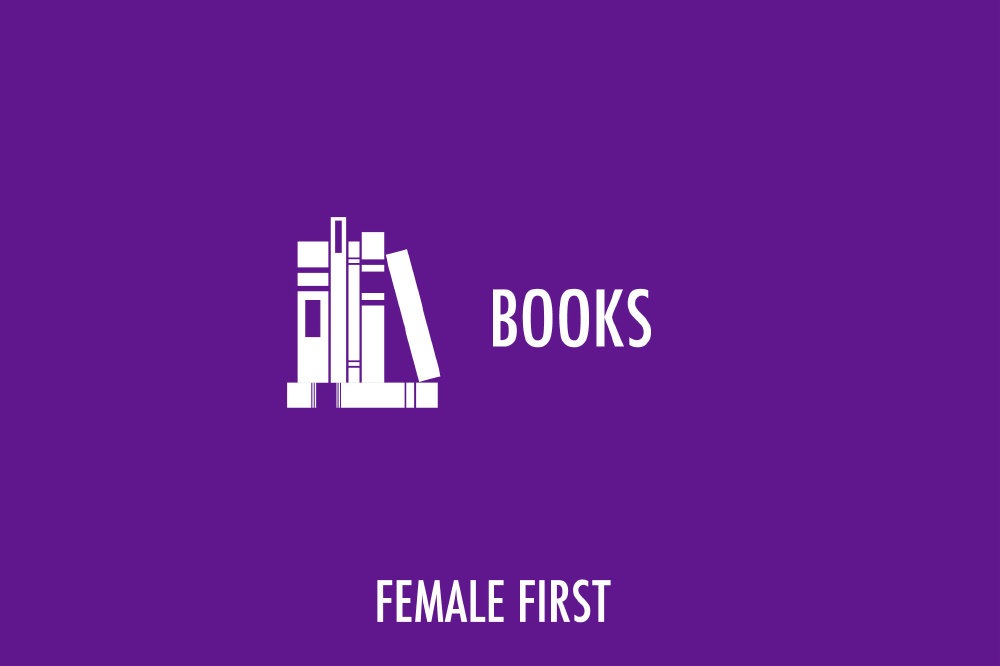I try my best to refrain from giving advice on anything, including writing. So, instead, I’d like to share a few things that I’ve learned over the course of writing eleven novels, things that have proven useful for me.

Antti Tuomainen/ The Rabbit Factor
1. Write what you want and don’t expect anything
I heard this from Lawrence Block, the legendary American crime writer and one of my all-time favorite authors. I think it describes the best kind of approach I can take on any new project that perhaps scares me or I know will push me out of my comfort zone. But I’ve learned along the way that those risks offer the best rewards in all possible ways, especially in the long term. Also, I’ve learned that I do my best work when I go against the grain, so to speak.
2. Finish what you write
I was once a young writer who started many things and never finished them; I would always get “a better idea” when something I was working on ran into difficulties. But as I’ve learned, everything I write runs into a wall at one point or another. (Actually, this happens several times on any given thing I work on.) The thing to do is to just push through. The satisfaction and the feeling of accomplishment I get from finishing a manuscript is unlike any other. I’ve learned it’s always well worth the trip.
3. One day at a time, one page at a time
I’m a slow writer. It takes me a minimum of a year to write a book from idea to finish. That’s okay. Sometimes I feel like I should be faster or even demand it from myself. But that’s counterproductive. I have been writing books for sixteen years now and it hasn’t happened yet, so it’s quite likely that this is the pace that I work. The important thing for me to remember is that even if I wrote only one page a day it would mean 365 pages in a year’s time. And that’s a book.
4. Take writing lessons from other arts
I can’t of course prove it, but I believe my love of films and the visual arts have hugely influenced my writing. I was in my teens when I became a movie enthusiast, watching film after film and memorizing the names, especially the writers for some reason, in the credits. Later I discovered I enjoyed art galleries and art museums, both classic and modern. While I would never call myself a connoisseur, I believe I’ve learned a great deal about different artists and periods and styles and methods and so forth. And I know that in a number of ways all that is also put to use in my writing.
5. Read
Last, but not least: read widely. My first literary love was poetry, and I was going to be a poet. (I was also very young and had many other strange notions about myself and the world besides just this.) The important thing here, I believe, especially in hindsight, was what I learned about language, and more specifically about imagery, preciseness, metaphors, and the power of a well-chosen word. I continue to read poetry and love to go back to old favorites and discover new voices. I know that reading poetry has made me better at writing dark comedies, as unlikely as that might sound.


